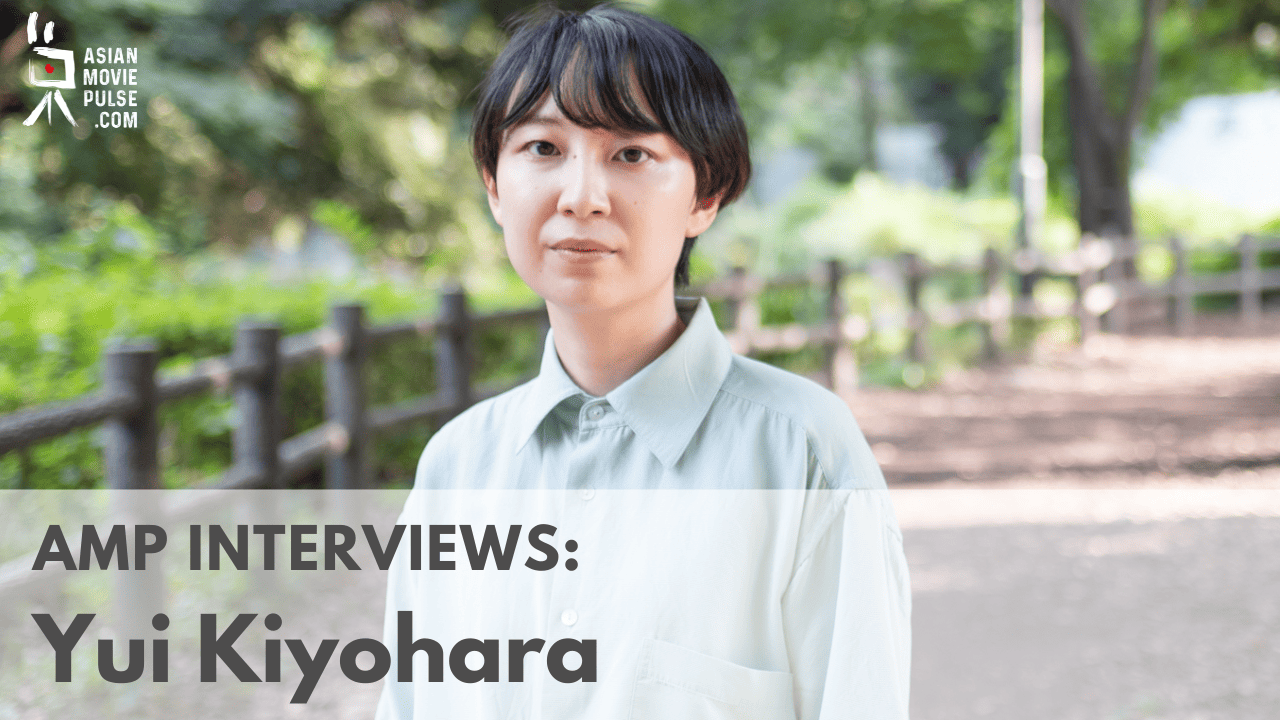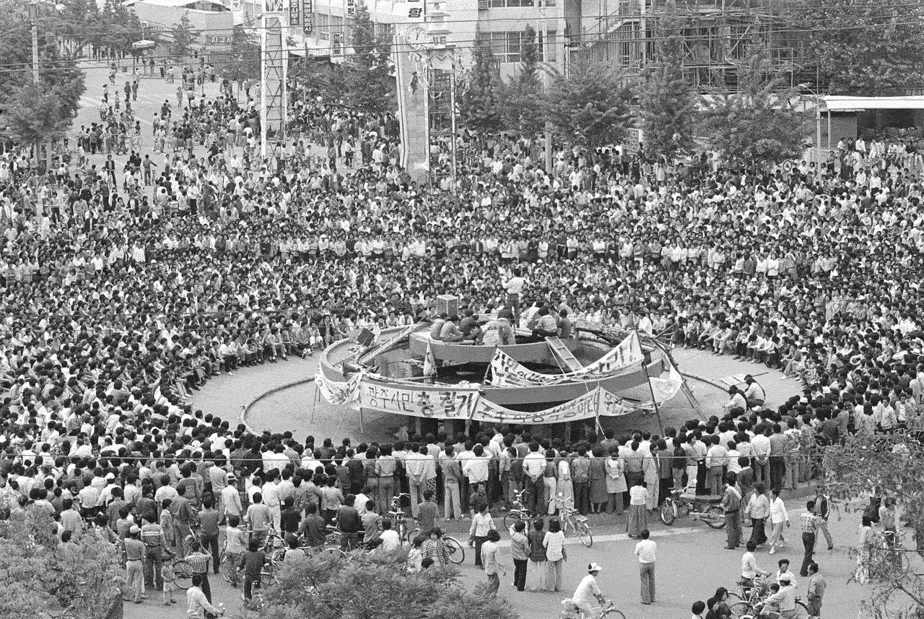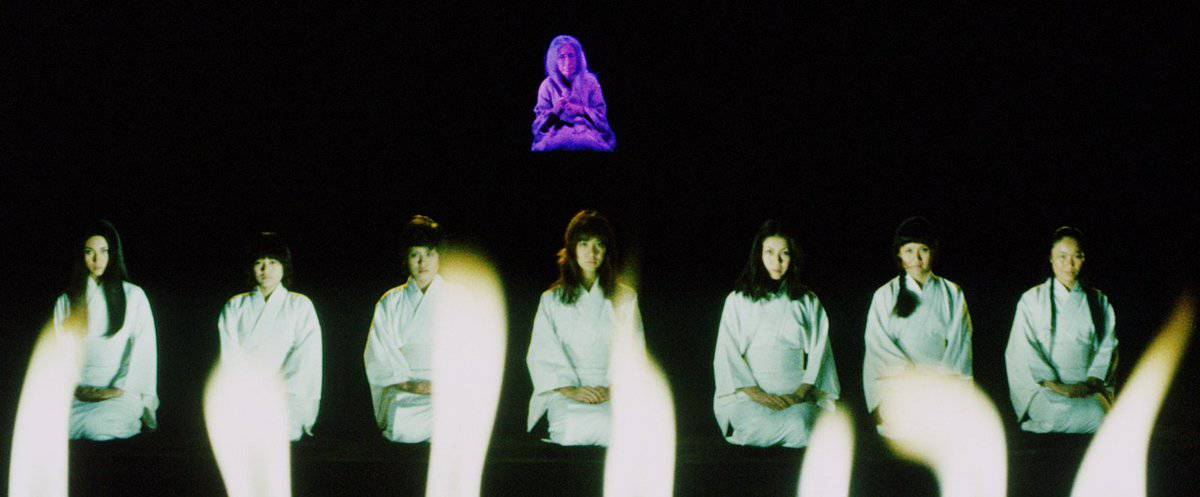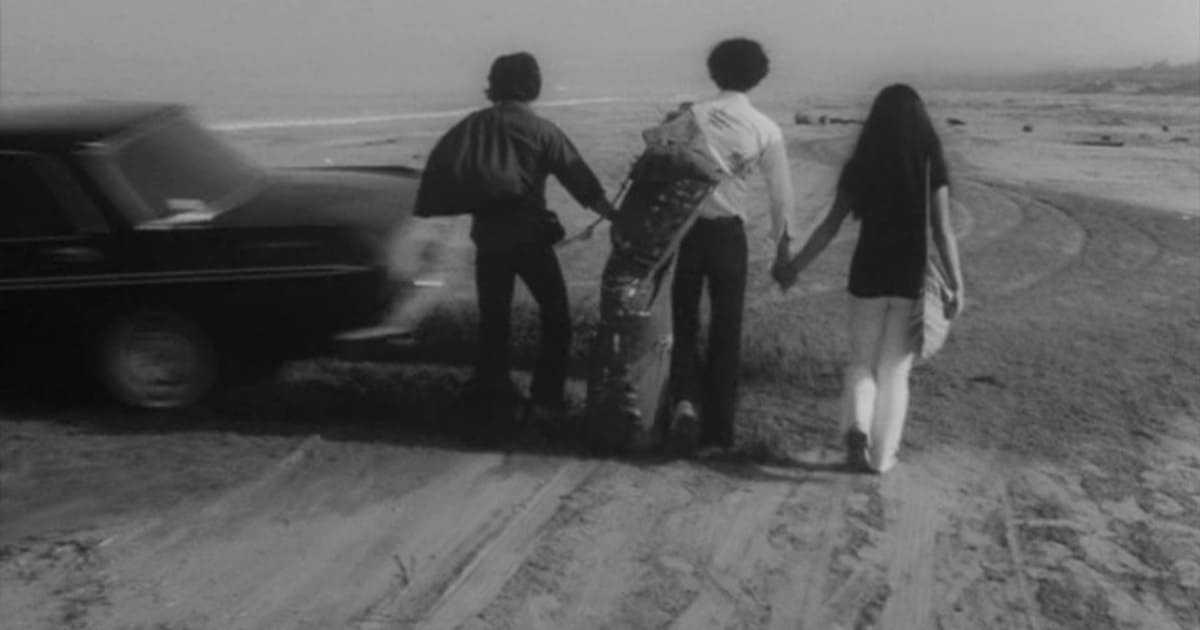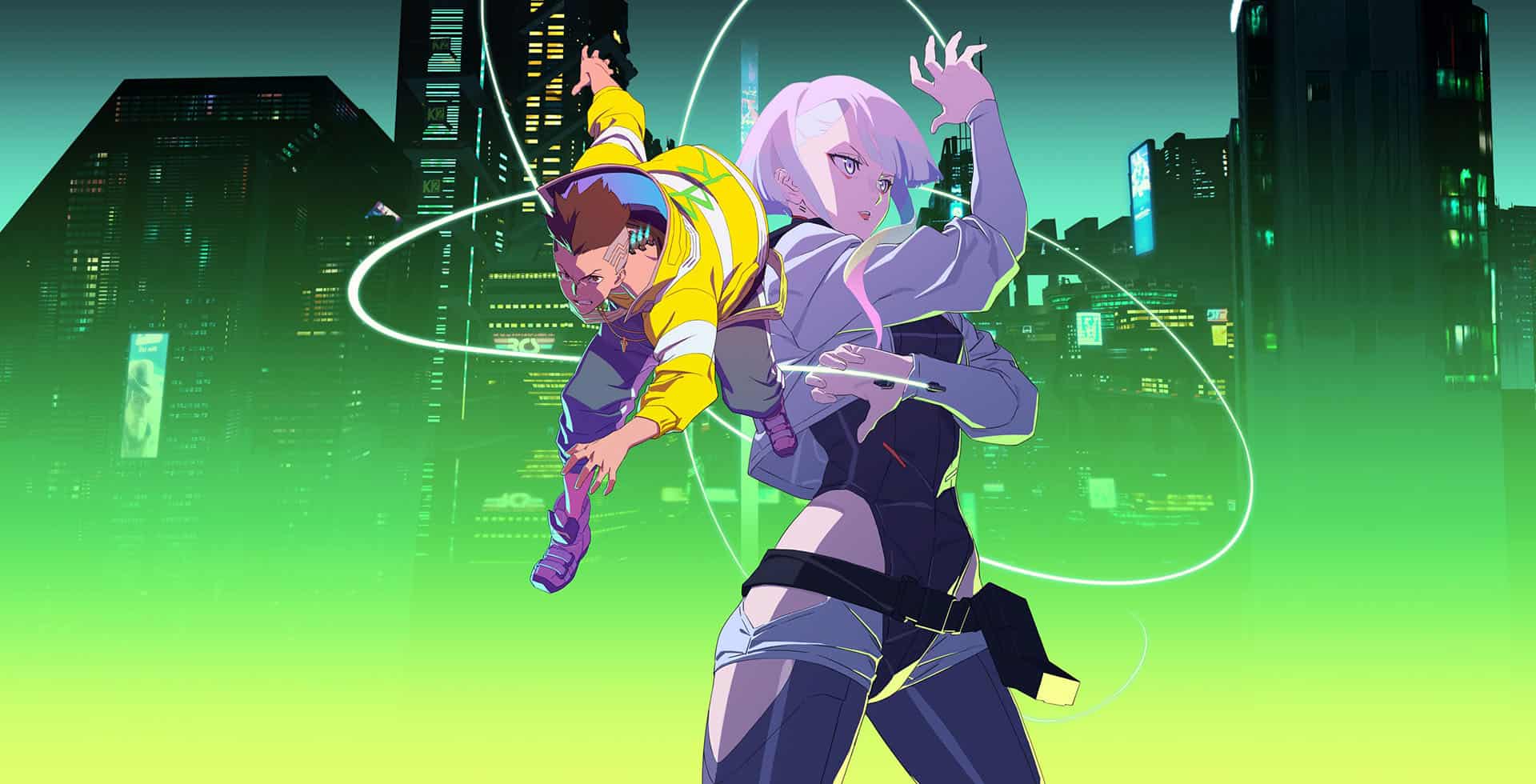Darezhan Omirbayev (1958, Uyuk, Kazakhstan) studied applied mathematics. He then went on to study film at the State Film Institute (VGIK) in Moscow. He was a critic for several years for the magazine New Film. In 1991 he won the FIPRESCI Award in Locarno with his debut feature “Kairat”. “Killer” won the Un Certain Regard Prize at Cannes in 1998. “Student” competed in the Un Certain Regard section at the 2012 Cannes Film Festival.
On the occasion of his latest movie, “Poet”, winning the Best Director Award at the Tokyo International Film Festival, we speak with him about the inspiration behind the film and Makhambet Utemisov, poetry and art, the Kazakh language, humor, cinema, and many other topics.
What was the inspiration behind Poet? Do you identify with the protagonist in any way?
The initial idea for the script surfaced while reading a short story by Herman Hesse, “An Author's Evening”. I stumbled upon it by chance and it put something in motion inside me, the desire for a film. Of course, I felt close to the character, as he is an artist. I even thought I could make him a director visiting a small town for a screening, realizing no one came to watch his film… But I already made a film about a director, “The Road”, and I felt it would more interesting to make the protagonist a poet this time. I related to him anyway, his thoughts and concerns are those of every creator.
Why did you decide to include the story of Makhambet Utemisov?
Makhambet is a 19th century legendary poet. With Isatay Taymanov, he led rebel groups in Kazakh steppe, fighting against both Tsarist and Khan Jangir's troops. Isatay died during a clash against Russian Imperial forces. Makhambet survived for a while, hiding from the authorities. During that time, he wrote many poems, but later was also killed. The moment of his death commanded to be shown on a screen, almost as a good scene from a cinematic point of view, if alas very cruel. The script derives from two stories, both recounting lives of poets. Poets remain poets at all times, sharing similar troubles. I think even their minds and souls are alike. I decided to combine stories to complement each other. It also felt it could be interesting to move from a century to another, and compare.
Do you think poetry is an art that borders on becoming obsolete? Why do you think there are still poets nowadays?
People still write poems, our words did not disappear at once. Where there is a language, you can find poetry, it might vanish when its mother language disappears. Mankind is slowly moving towards a single language, though, probably English. Kazakhs are bragging their idiom has a rich and large vocabulary, but in our days, it might be more of a disadvantage. Rich, complex languages are losing to English If you translate two pages of Kazakh into Russian, you get one and half pages. If you translate it into English, you get one. That's the strength of the English language. Like a machine syntax, great for messages, computers. Clear and concise. But Pushkin would probably not have been able to write in English, his poetry might have lost all uniqueness. Rich languages disappear first. Nowadays, everything becomes standardized, fast. Languages reflect that and poetry faces many struggles. I love haiku, but for me they are not poetry in a literary sense and are more like short films. So I can't really answer when you ask me why people still compose poetry. Poets might have the answer.
In general what it your opinion on the place of art in a world where technology, the internet and social medias have come to dominate?
It might sound odd, but trying to define “arts” I ended considering them as problem-solving methods. When you cannot solve a new problem using old methods, the need for a creative solution emerges. Such creative spark, from sciences or arts, is a necessity for the preservation of any society. If it disappears, everything soon turns old, sour and formulaic. When new problems emerge and you can't find solutions, catastrophe is near. Considering, I guess arts will be around as long as humans go on. Einstein considered that no difficult problem is solved on the level it first emerges at. In order to solve it, you have to approach it from the next level. This is what creative process is all about, and one can experience this even in daily life.
Kazakhstan is to adopt a new alphabet, replacing the Russian Cyrillic script. In the film, you comment on the fact, but could you elaborate on your thoughts on the matter?
I do not really talk about this in my film, but I think this is a big mistake. I studied in a Kazakh school myself and did not speak Russian very well. I wrote essays, short stories in Kazakh. I know and feel there was no demand for changing the alphabet. It is an artificial problem, created for political reasons. The alphabet could have been changed before the elimination of illiteracy in the last century. Now that everyone knows how to read and write, changing the alphabet is like changing sneakers in the middle of a race. We might simply end up neglecting 70 years of literary production, historiography, archives… A true disaster. I hope we will give up this idea. It happened in Uzbekistan and my friends keep telling me it fuels total chaos.
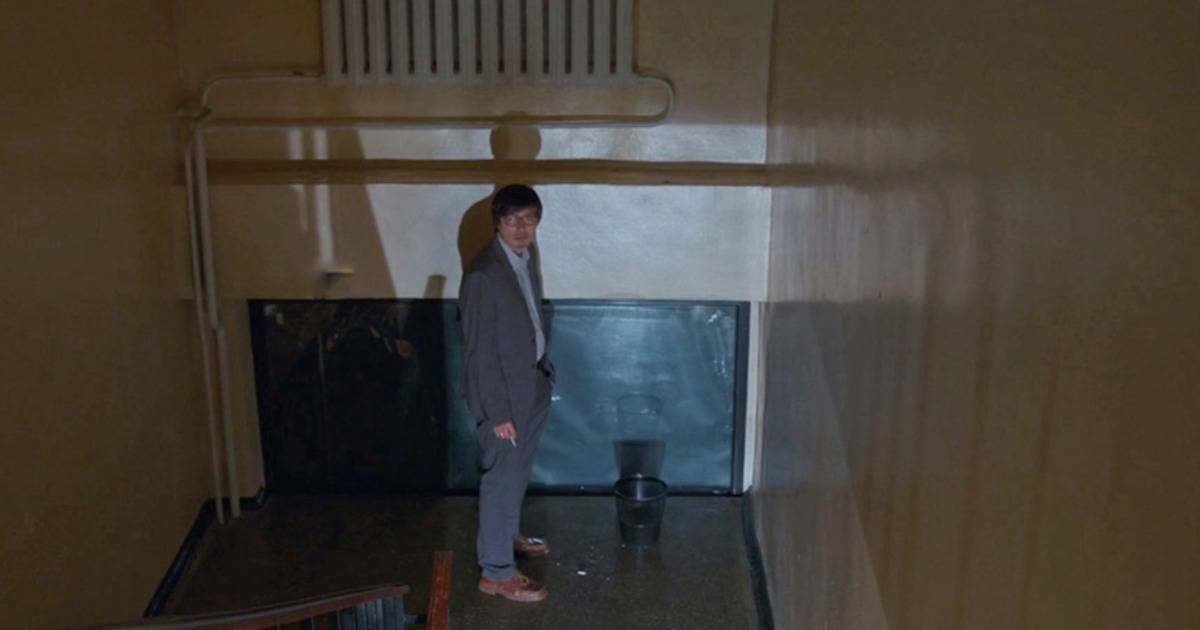
Didar in the movie barely talks. Why did you choose this approach? In general how was your cooperation with Yerdos Kanaev?
The protagonist is more of an introvert, a creative person. They tend to act less, to talk less, absorbed in their inner lives. But the entourage truly makes a king: you can create a deep and coherent character even if only others, not him, talk.
We first considered another actor, a Kazakh speaker, who graduated from a Kazakh school. But he was from Almaty, a city man, and you could see it in his eyes he was a Russian speaker. Then we experienced a lockdown, three months of stagnation. By chance, during those days, I saw the performance of a folk band from Shymkent on internet. One of the singers caught my attention. We invited him over and I felt he was a perfect match. I feel it greatly benefited the film.
Two of the most interesting episodes in the movie are the one with the lone girl in the theater the Poet goes to speak and the one in the electric appliances shop. Can you give us some more details about the purpose of those scenes and the way you shot them?
The episode with the stutter that stops while reading poetry was inspired by Hesse. However, in “An Author's Evening”, the audience is waiting for someone who would entertain them instead of a writer. I decided to make this story more positive. I feel what matters is not the number but the quality of your audience. You could have a few or maybe just one, but if he or she understands the meaning you put into your film, it brings more joy than the superficial reaction of a full audience. The same goes with poems. An understanding reader is better than a crowd of shallow admirers.
The actress is one of my students by the way, she studies film history.
About the stuttering stopping when one reads, things like that happen. We had an actor, Zhakybayev, who stuttered in real life but never when the camera was on.
The scene in the hardware store is probably more playful and speculative.
How was your cooperation with DP Boris Troshev? In general, what was your purpose in the visual aspect of the movie? Could you also give us some more details about the locations the film was shot?
I have worked with Boris Troshev on most of my films, he is a very good operator and a very good man, always fully committed to our films.
We had both contemporary and historical sets, with lots of different locations. But first, we went to Makhambet Utemisov's mausoleum. The climate there was harsh, freezing. We filmed our final scenes there, but in a way, we had also come to ask for Makhambet's blessing. That's what I wrote in the visitors' book there, and I want to believe it helped us. We have been lucky, found a new actor, matched all deadlines…
One of the best assets of the film is the rather intelligent use of humor throughout the movie. How important is the use of humor for you in a film?
Humor is a precious tool that manifests itself in several details in the film, although the film is not precisely fun… Humor is a small act of creativity. If a person makes a good joke, he creates a small verbal manifestation of art. It allows every person to engage in creativity, although it is said many great men lacked a sense of humor. Some say Dostoevsky did not make nor understand jokes. At all. I guess he was the exception and I tend to think humor is a fundamental aspect of creativity.
What is your opinion regarding the cinema of Kazakhstan at the moment?
If we talk about art, we are in decline, like the rest of the world. However, entertainment and series are doing well. There are filmmakers here and there who resist, but film art as a phenomenon, is dying. I see two reasons. One is excessive theatricality, professional acting, dramaturgy. All of this lead films away from a distinctive cinematic aesthetic, and towards a theatrical one. The second is that, maybe, we exhausted its creative potential. Like opera. Now we almost do not have new operas, or epics, or fairy tales… At least few emerge. Cinema is a new art form compared to theater. But contemporary cinema is in stagnation, even if we learned to create solid films. Yes, plots differ, but we do not have a new style, we use theatrical and literary approaches with no cinematic language. New wine into old wineskins, that is why it is dying. It is possible to create new cinema if we give up the old aesthetics of literature and theater. In order to do that, we need to understand cinematic aesthetic, language, a language of images and sounds. Film editing does not play the role it should have, the film must go on, the quicker the pace, the better. Cinematic language allows us to edit films creatively, just like it was done by Eisenstein, but we see less and less attempts to it. We lack creative approaches.
Are you currently working on a new project?
I am working on a short film about a school opened by a Kyrgyz patron. He opened the first one in his village, now he sponsors fourteen schools. He is an arts enthusiast and approached several directors to contribute to his initiative.




